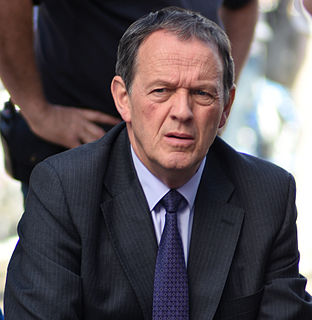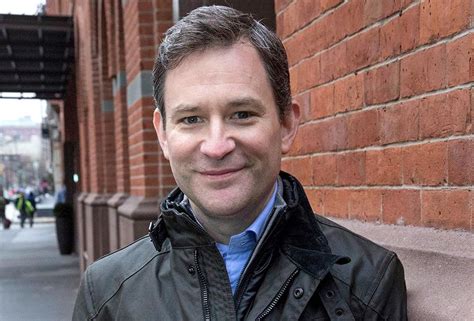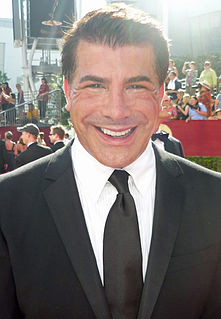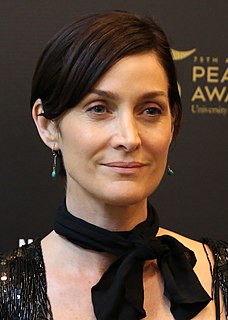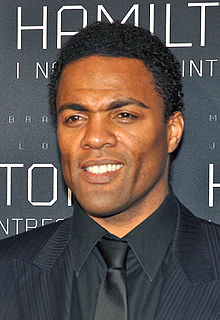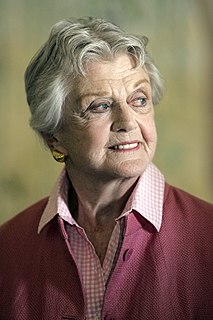A Quote by Kevin Whately
With all the lines I have to learn for TV scripts, I don't think I have any problems with forgetfulness - that's brain exercise enough for me.
Related Quotes
Mood reflects the biology of the brain. How you feel is affected by the chemicals in the brain, and these are the same chemicals that form the basis of mood-altering drugs. You may use yoga, meditation, cognitive behaviour therapy (CBT) or exercise to alter your mood, or revert to healthy eating, regular exercise and getting enough sleep.
Everyone uses the brain at every moment, but we use it unconsciously. We let it run in the background without realizing the power we have to reshape the brain. When you begin to exercise your power, the everyday brain, which we call the baseline brain, starts to move in the direction of super brain.
I think if a writer is not endeavoring to expand and alter consciousness in himself and in his readers, he is not doing much of anything. It is precisely words, word lines, lines of words and images, and associations connected with these word and image lines in the brain, that keep you in present time, right where you are sitting now.
We're as clever as we think we are, but we'll be a lot cleverer when we learn to use not just one brain but to pool huge numbers of brains. We're at a level technologically where we can share information and think collectively about our problems. We do it in science all the time - there's no reason why we can't do it in other endeavors.
